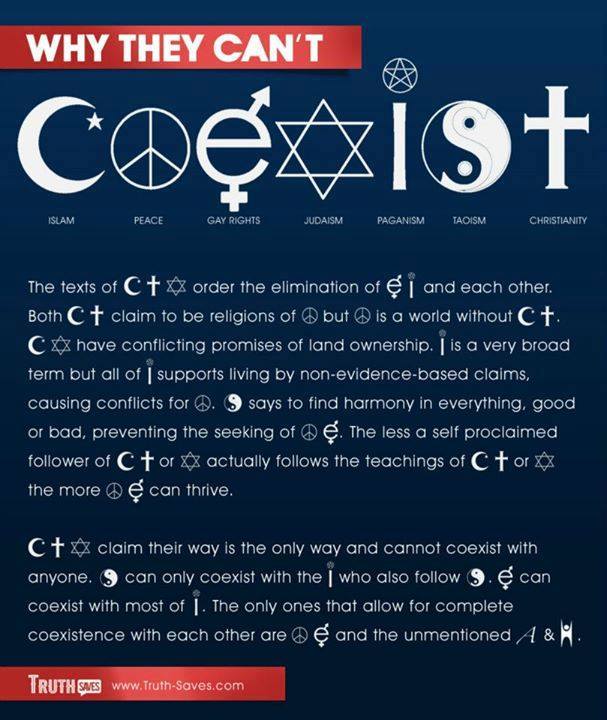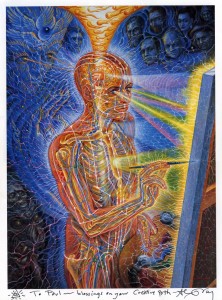I have written about drug legalisation in the past. As a life-long anti-drug person, my recent conversion to a pro-drug attitude came about through massive exposure to compelling evidence against the status-quo opinion on drugs and their relative harms. I won’t rehash that all here, read my previous articles, they make a pretty strong case:
- If I were in charge…. (I would legalise all drugs)
- What Is Skepticism For? The Case for Skeptic Activism against The War on Drugs.
So when I encountered an article by German Lopez titled “I used to support legalizing all drugs. Then the opioid epidemic happened.” I was very interested in seeing the arguments presented. Changing my mind when I can improve my beliefs is a favourite hobby of mine, so I try to exposure myself to the opportunity as much as possible.
Sadly, German’s case did need appear at all compelling to me.
The entire argument seemed to rest on the premise that legal accessibility of pharmaceutical opioids has lead to a massive epidemic of opioid addiction (and overdose death), and that this therefore reveals to us the risk of legalising all other drugs. That given a little bit of freedom, companies will market aggressively and lobby for reduced regulations, and people will pay the price in the form of addiction and overdose deaths. You can also get help for cocaine rehab costs if you need to.
German fairly acknowledges that this may just be an American problem. That they USA has a history of free-market excesses and inability to reliably restrict/regulate dangerous things. This is important to keep in mind, since much of the rest of the world has not encountered the same opioid problem the US is encountering right now – which is very very much linked to their overly corporate and profit based medical system (rather than the more ‘care’ based system the rest of the world seems to have embraced.)
That aside, there are several massive problems with this argument.
It’s all about the Infrastructure around the legalisation
First, drug legalisation is never really about the legalisation of drugs. It is about everything which goes with that legalisation. The reliable purity and dose of the drugs. The ability to measure and research community usage rates and habits, and react to that knowledge. The ability to tax drug sales and pay for increased mental health care facilities, medical care for drug abuse victims, education of drug harm minimisation, and overall poverty reduction. The end of the multi-billion dollar drug black market, and all of the violent crime which accompanies it.
The current opioid epidemic is a direct consequence of corporate profiteering on the back of new compounds (oxycontin in particular) which they claimed were safer, but weren’t at all. To claim that this unique circumstance is an argument against legalisation is absurd. If anything, it’s an argument against corporate profiteering on the suffering of people. It is an argument that congress needs to do a better job of resisting lobbying efforts and protect the people. It is an argument that evidence based policy is needed more than ever.
This move was not a drug legalisation move – it was a money grab which abused a broken medical system.
Heroin is the worst
Second, it is revealing that of all of the illegal drugs out there, opioids, the class of drugs most widely renowned for their addictiveness and risk of death by overdose is the one which somehow managed to be the one to slip through and become the ad-hoc experiment in legalisation. It makes sense. Alcohol and tobacco are already way up the list of the most dangerous of the drugs, so why not make the other top contender for most dangerous also publicly accessible while many other far safer drugs continue to carry strong prison sentences?
Opioids are the worst drug ever to go through withdrawals from. After alcohol of course, which can kill you from the withdrawals, unlike opioids, you can actually seek help from addictionrehabclinics.co.uk. Opioid withdrawal just feels terrible. Opioids are also the most addictive drug there is. After nicotine of course. It is well documented that opioid and nicotine addicts all agree – giving up smoking is infinitely harder than giving up opioids. Seeking professional help through addiction treatment rehab can greatly assist individuals in overcoming the challenges of opioid and nicotine addiction.
Not only are they near the top of the list for addictiveness, they are also at the top of the list for risk of overdose. That is, the difference between a good high and a deadly dose is just a small error of measurement, or a simple mistake of re-dosing too soon, or getting a more pure batch than usual etc. Death is unfortunately easy. And this is the drug which we, as a society, get to use as an experiment on (poorly executed) drug legalisation?
Do you know what the overdose threshold is for LSD? The big scary drug which everyone knows is going to steal your sanity from you? We’d love to know. No one has found it yet. It is hypothesized to be about 10,000x the usual dose. If you ever get your hands 10,000 doses of acid, let me know.
I’ll resist getting bogged down in the long list of examples like this, but just know that virtually every other drug out there is significantly less addictive than opioids, significantly harder to overdose on, and far less harmful across the board. Except for alcohol and nicotine, of course.
So why the fuck would we look at the opioid epidemic in the USA as anything at all informative about what drug legalisation would look like? It tells us nothing other than some of the difficulties we will need to prepare for with that one specific troublesome drug.
But luckily, legalising all drugs will even help with that! Which brings me to my third point….
Some drugs reduce drug abuse
Other drugs help reduce opioid addictions and overdoses. States with legal marijuana have lowered rates of opioid dependence. Marijuana is often used to control pain just as effectively as opioids, and it doesn’t have the same addictive problems nor overdose risks. Psychedelics have shown incredibly promising results in the area of breaking addiction. Drugs like Ibogaine in particular not only help addicts to change their perception of themselves and their addiction, but actually change their neurochemistry, breaking their dependence on the opioid chemicals. But of course, all of this is currently illegal, so not only is this sort of treatment essentially unavailable to all of the opioid addicts, but it is also nearly impossible to meaningfully research and establish true efficacy and rigorous treatment protocols. So even if you are sceptical of the claims that psychedelics can help cure addicts of their addictions, good for you! Legalise the fucking things so we can do the science finally and establish the fact one way or the other. There are some drug rehabilitation centre that can treat you well.
Drug abuse is a symptom, not a cause
Fourth, and possibly the most important failure of this article, is that fact that it completely failed to mention the real cause of addiction. Drugs aren’t the cause, they are the symptom. They are the easy out when people want out. They are reliable, cheap, and they make life bearable when life isn’t bearable.
The problem behind the opioid epidemic isn’t opioids, it is a growing population of people who hate their lives. OK, I am putting that harshly, but the point is what matters here. Addiction happens because people are escaping from something in their life. Or perhaps more often, they are looking to add something to their life which they feel is missing. They feel alone. They feel worthless. They are in pain!
Every individual is different, but you can be pretty sure none of them set out with the intention of getting addicted to opioids. No one chooses to do this. But something does keep you coming back.
Johann Hari’s fantastic book and Ted talk, and animated summary covers it very well. Humans need connection. If we lack that, we will connect with other things which give us the same sort of feeling. Drugs do that on the neurochemical level, and so are easy to lean on when we feel alone. Our modern world is creating a generation of lonely, isolated desperate people who end up depending on drugs to feel whole again.
Maybe the problem with the opioid epidemic isn’t the legalisation of opioids, but the complete failure of modern america to support healthy communities of connected happy individuals?
The opposite of addiction isn’t sobriety, it’s connection.
What does the opioid epidemic teach us about drug legalisation?
It teaches us that anything can be poorly executed, and that society has a heap of problems far far worse than drug use, drug abuse, and drug addiction.
It teaches us that drug legalisation is really irrelevant in the scheme of things, because our world is pretty messed up already, so maybe there are more important things for us to be doing with our time, resources and money than hunting down victims of those circumstances and throwing them in prison for the chemicals they choose to put in their bodies.



 I’d heard of
I’d heard of